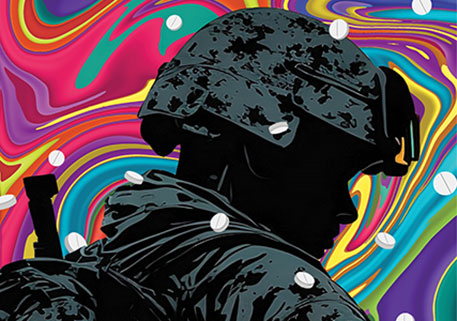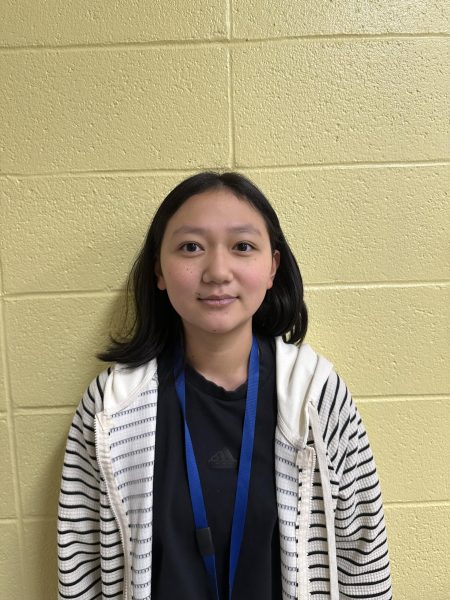With wars raging across the globe and the demand for soldiers rising, post-traumatic stress disorder (PTSD) and war-related trauma have become alarmingly prevalent among both veterans and active-duty soldiers. Many are haunted by recurring nightmares, struggle to regulate their emotions, and face rifts in their relationships, careers, and family lives. For some veterans, the weight becomes unbearable, prompting them to journey thousands of miles to Mexico and the Caribbean in search of relief through an unconventional yet promising treatment: psychedelics.
Psychedelic therapy has gained significant traction among retired veterans with PTSD, many of whom find traditional treatments in the United States inadequate. Once quiet, clinics abroad now see a surge of patients—thousands of former service members seeking alternative solutions. Despite the availability of legal treatments in the U.S., many veterans feel compelled to travel overseas, turning to substances like ibogaine, a potent psychoactive compound derived from the bark of the African iboga tree.
Historically used in African spiritual ceremonies, ibogaine is banned in the U.S. due to its reputation for inducing intense and sometimes dark hallucinogenic experiences. However, animal studies reveal that the drug prompts the brain to release proteins that aid in neural network repair and reconfiguration. Treatment protocols at psychedelic clinics often pair a single dose of ibogaine with a follow-up session of 5-MeO-DMT, a fast-acting psychedelic derived from the venom of the Sonoran Desert toad. Known as “the God molecule,” this substance is celebrated for its ability to elicit profound spiritual connections and transformative insights.
Despite its growing popularity, ibogaine therapy faces opposition from the U.S. military. A spokeswoman for the Naval Special Warfare Command, which oversees the Navy SEALs, stated, “The Navy has zero tolerance for drug abuse, and SEALs should instead seek care through approved medical channels.” However, many veterans remain undeterred, citing ibogaine’s life-changing effects as proof of its value.
One notable case is that of former Navy SEAL Marcus Capone, who, after thirteen years of deployment, grappled with severe PTSD and debilitating depression. “I would find myself in a daze, driving down the highway at 30 miles per hour, just completely checked out,” Capone recalled. In 2017, he sought ibogaine treatment, which not only alleviated his nightmares but also repaired his strained relationships and allowed him to reclaim his life. Inspired by his transformation, Capone and his wife founded Veterans Exploring Treatment Solutions, a nonprofit dedicated to funding ibogaine therapy for other veterans.
The treatment process is both physically and emotionally intense. Veterans receive magnesium supplements to protect their hearts before ingesting an ibogaine pill. During the session, they lie down with eye covers and headphones. The experience is often grueling, with side effects such as severe nausea and vomiting requiring close monitoring by clinic staff. “At this point, they are not even in their own consciousness,” said Mark Jackson, a clinic staff member. “Some see their ancestors and receive forgiveness. Some have their soul torn apart repeatedly. Others see nothing at all. But no matter the vision, the biochemical benefits to the brain remain consistent.”
Following the session, many veterans emerge feeling transformed, their burdens lifted and their perspectives renewed.
In a world where traditional treatments often fall short, ibogaine and similar psychedelics offer a beacon of hope for those who have sacrificed for our country. While the debate over their legality and safety continues, the stories of veterans reclaiming their lives speak volumes about the potential of these therapies. For many, it’s not just a journey to healing–it’s a journey back to their own lives.














































































































































